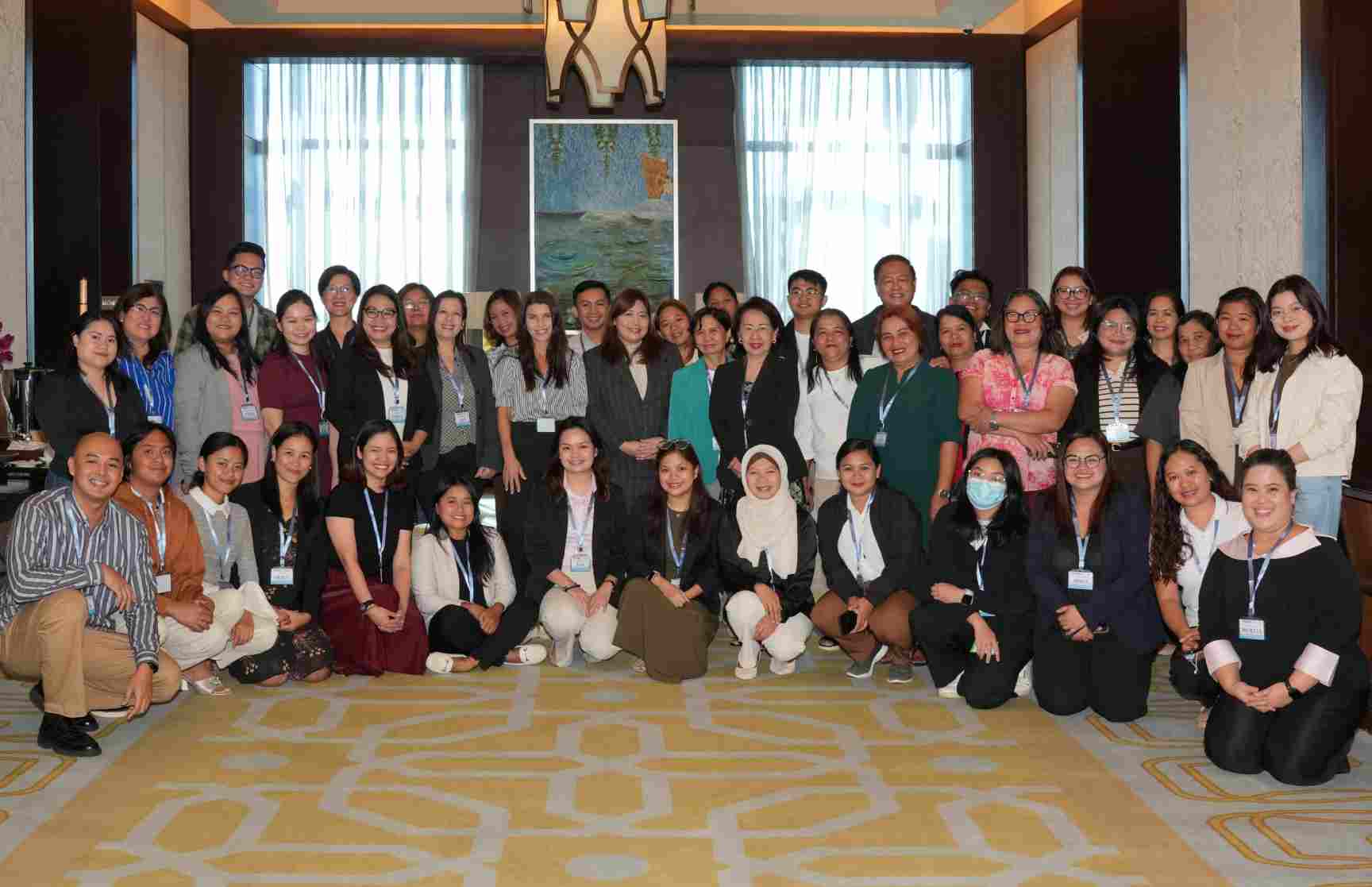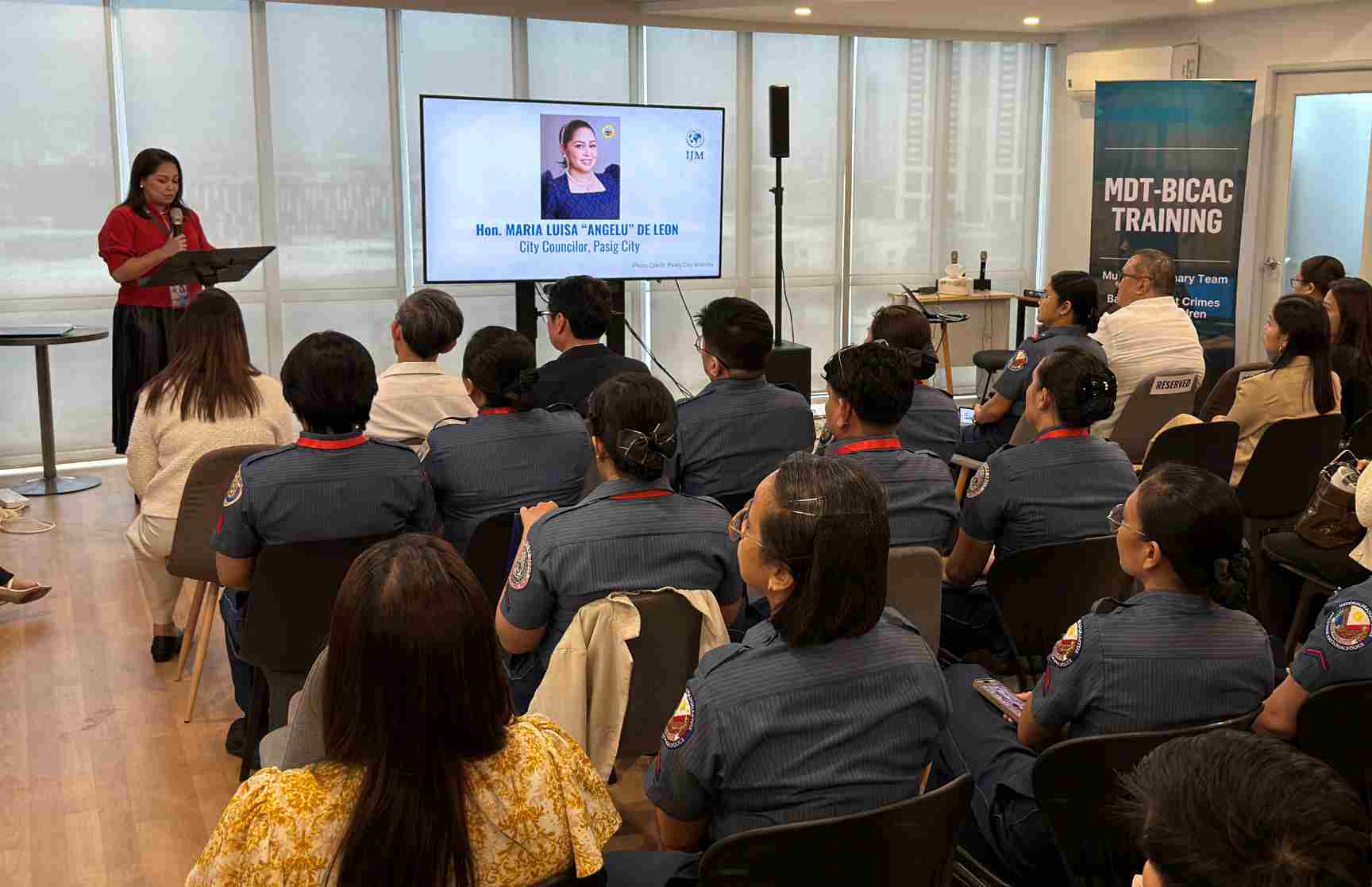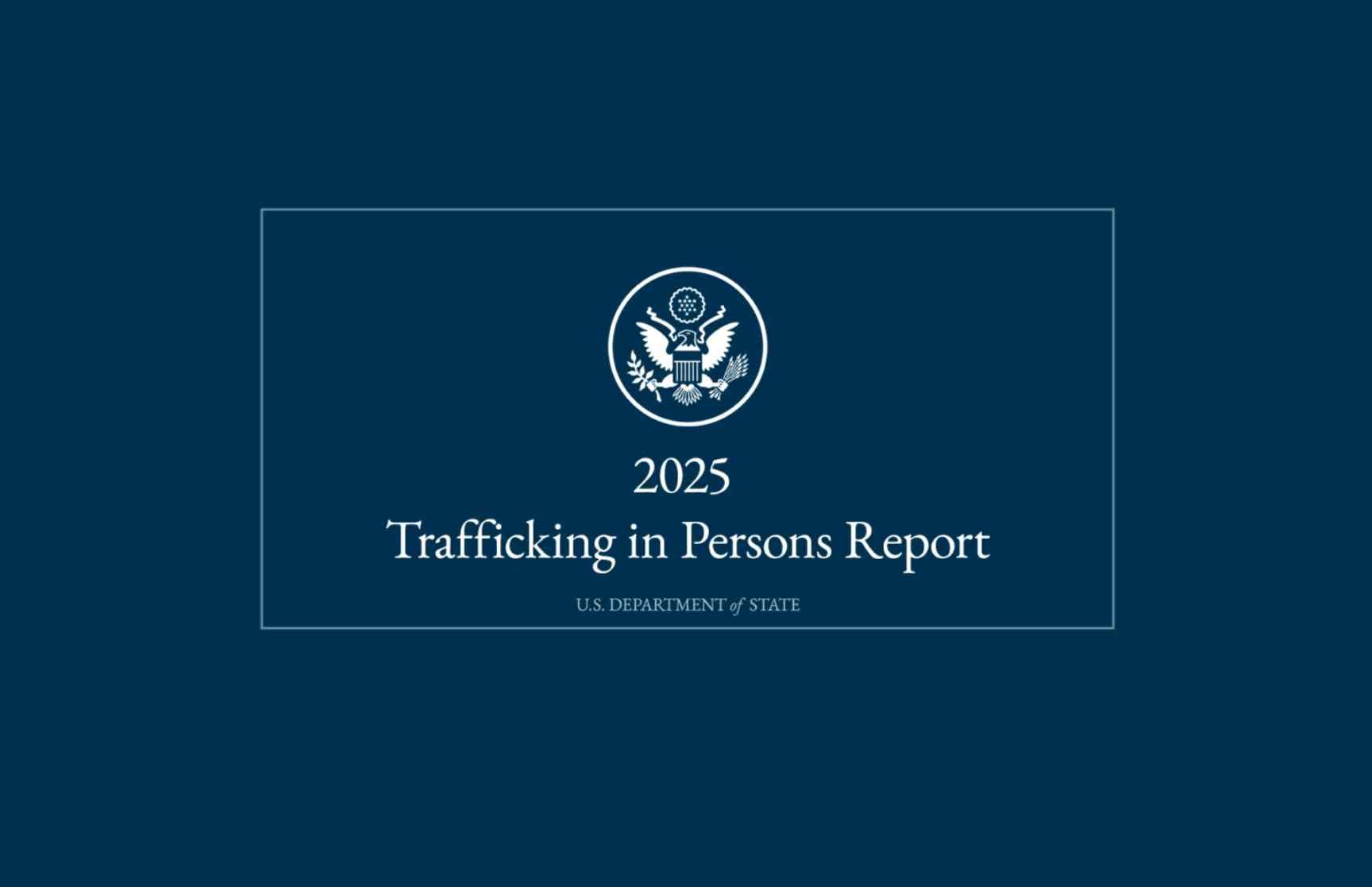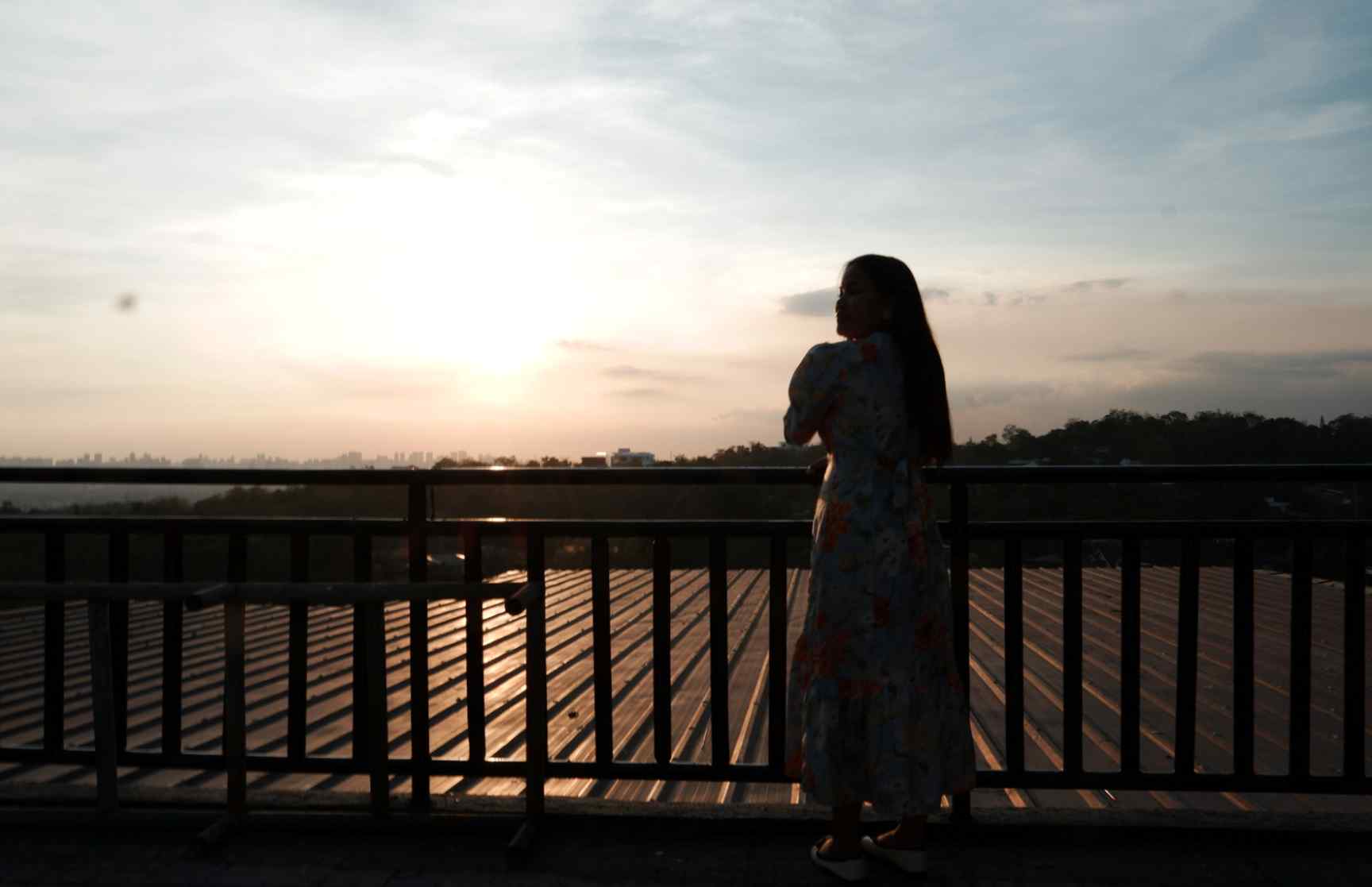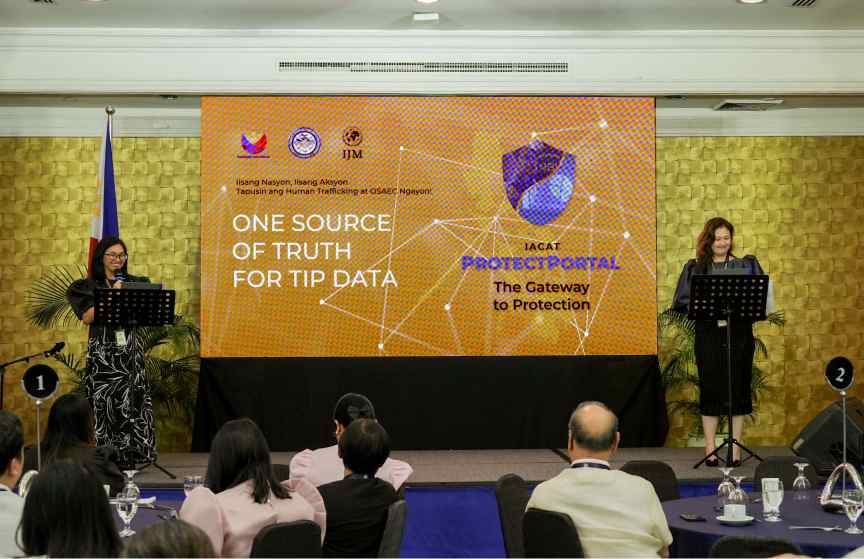
The courtroom can be a daunting place for adults unfamiliar with the justice system. It’s an even scarier place for children who may not fully understand what is going on and why they’re there.
Our work at IJM has given us opportunities to journey with survivors of online sexual exploitation of children as they navigate the justice process. Many children in our cases were trafficked by family members who would use them to create child sexual exploitation materials (CSEM) for foreign buyers.
As you might imagine, being on the opposite side of a court case against your own mother can be incredibly traumatic. Fortunately, there are judges in the Philippines who are open to the use of trauma-informed solutions.
Trauma-Informed care: an approach to protecting survivors through the justice process
Trauma Informed Care incorporates an understanding of a survivor’s trauma and context. It isn’t a clinical process or a set of steps but an approach to providing service and care. As lawyers, we apply trauma-informed care through plea agreements that shorten the justice process and protect children from unnecessary exposure to adult proceedings and through child protective mechanism under the Rule on Examination of a Child Witness (RECW), including tools like the video-taped in-depth disclosure interview (VIDI) that preserves victim evidence for use in different stages of the criminal justice proceedings.
Child-protective Philippine courts facilitate restorative and protective justice
From first-hand observations, courts in the Philippines effectively utilize the child protective mechanisms under the RECW such as privacy screens, courtroom re-arranging, and the presence of support persons. Philippine judges have expressed their interest in seeing VIDIs being used in court as a child protective measure.
Likewise, we have also seen judges accommodate just and fair plea agreements and proactively initiate reconciliatory proceedings in our cases. We have observed that these solutions promote survivor well-being and increase the restorative and protective power of the justice system.
M* Case: Plea agreements spare survivors from testifying against family
In the M* case (with Atty. Rae Pabiona acting as counsel), plea agreements allowed survivors to reach the end of the criminal case without having to testify against their own mother and aunt.
The accused, as facilitators of trafficking to produce CSEM, received a fair penalty of 15 years imprisonment after admitting guilt. With the court’s permission, our social worker, Marie Joy Abasa, facilitated a reconciliatory session among the survivors and their family, and the accused.
At the session, the survivors’ request to speak with their mother and aunt to extend their forgiveness was granted after months of waiting. The accused received the opportunity to apologize to the survivors and take accountability for her actions, assuring the survivors that her incarceration is not their fault.
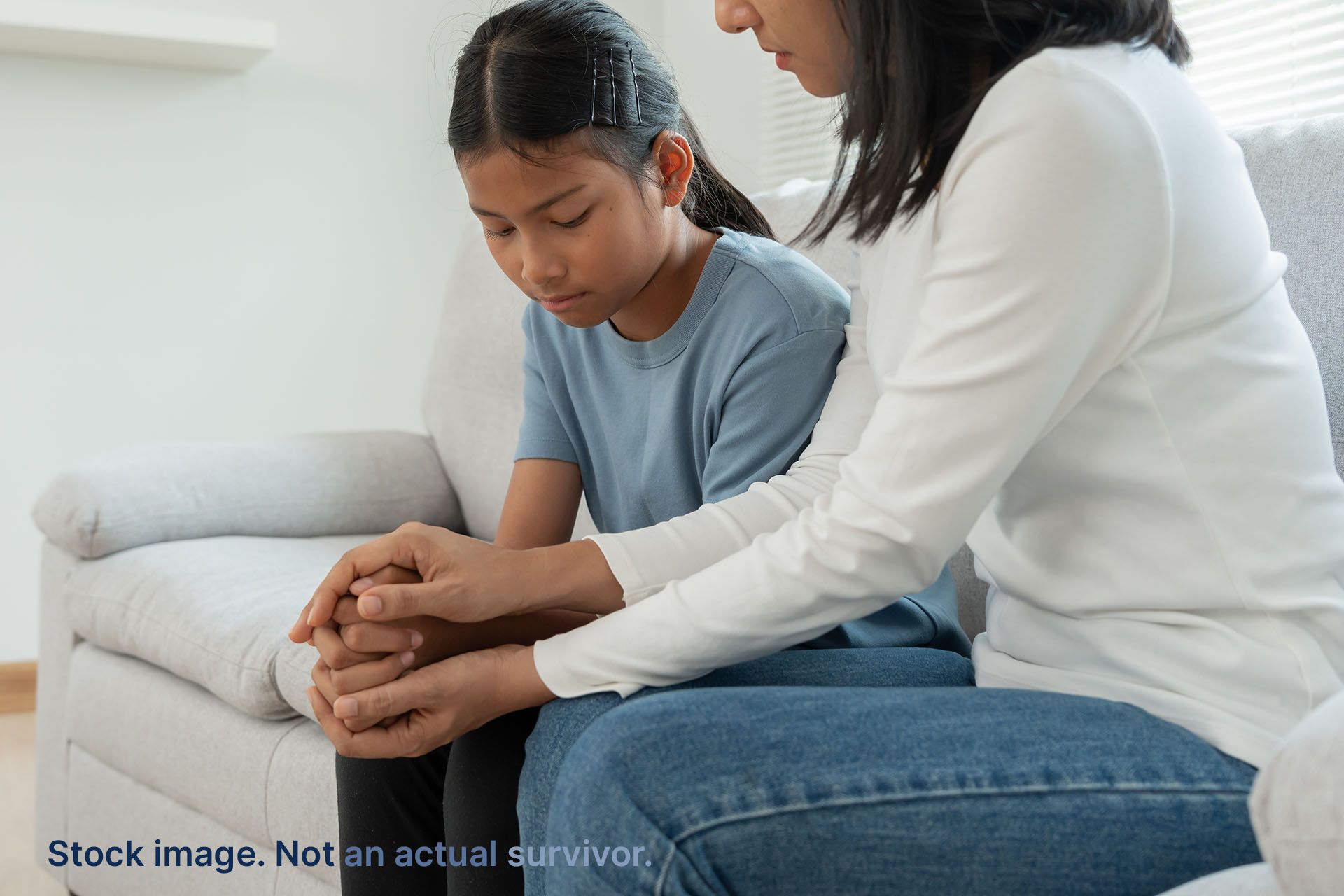
F* Case: Videotaped In Depth Disclosure Interviews (VIDI) spare survivors from potential re-traumatization
In the F* case (with Atty. Aldrian David acting as counsel), a Norwegian offender is communicating with a local facilitator in the Philippines to consume livestreamed sexual abuse involving children and CSAEMs. Authorities used video-taped in-depth disclosure interviews (VIDIs) to preserve victim evidence, sparing them from potential re-traumatization at the inquest level—a critical phase where a prosecutor determines the appropriateness of criminal charges.
After initially entering a plea of not guilty, the accused eventually admitted her guilt. The judge suggested a reconciliatory session to be conducted, which an IJM social worker Mary Joy Bilason conducted after assessing the readiness of the survivor and the accused. The court made its rooms available for the session, supporting the mutual healing of the survivor and the accused.
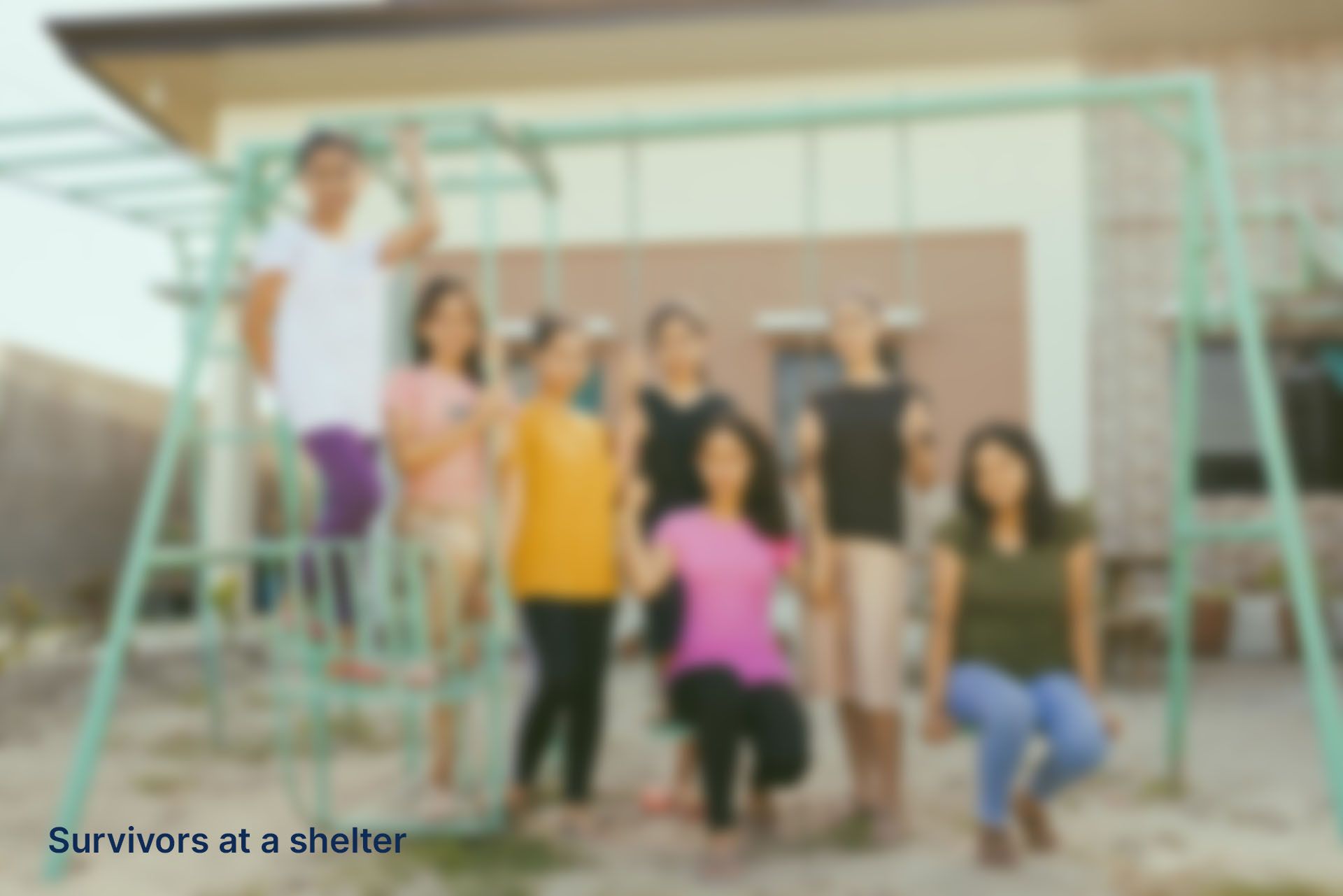
In the months that followed, the Norwegian appeals court affirmed the conviction of the demand-side perpetrator, and even increased the sentence of the demand-side offender with assistance of the survivors' mother who testified remotely before the Norwegian appeals court, while serving her sentence. The Norwegian offender’s sentence was increased to 14 years imprisonment.
As lawyers and supporters of child protection, we hope to see more judges and prosecutors use trauma-informed solutions to protect survivors and strengthen the restorative goals of the justice system. The cases we shared are great examples of how a trauma-informed approach supercharges the justice system to restore, protect, and heal communities.
*Identities of the accused/convicted are not to be revealed publicly, in accordance with the provisions of the law




